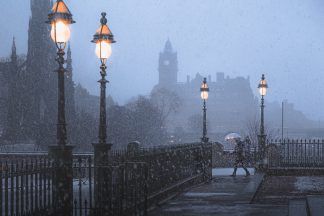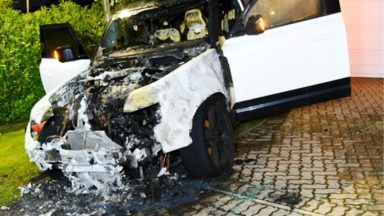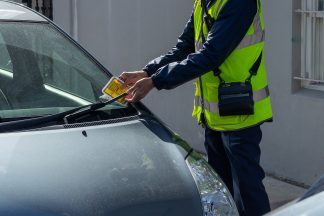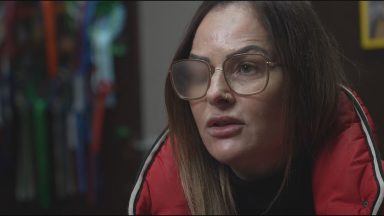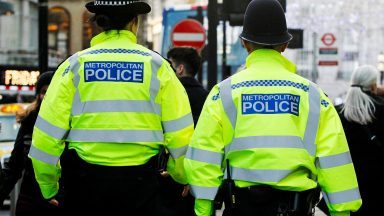A second bid to ban strip clubs in Edinburgh has been defeated after councillors voted to allow the capital’s three existing venues to continue operating.
The authority’s Labour administration moved to introduce a ‘nil cap’ on sexual entertainment venues – which would force them to shut down – amid concerns they increase violence against women. However it was voted down by seven votes to two.
It means a new regime to regulate SEVs will be set up, requiring club owners to seek a licence.
It comes nearly two years after councillors voted to set the maximum number of venues at zero – a move which was successfully challenged in court by dancers and cost taxpayers over £200k in legal fees and expenses.
A judge ruled elected members had been provided with shaky legal advice about the implications of setting a nil-cap, resulting in the vote being rerun at the regulatory committee on Monday.
Speaking at the meeting Alexis, who has worked as a stripper in Edinburgh for 16 years and represents the Sex Workers Union (SWU), urged the council to arrive at a decision based on “facts and evidence not emotions or moralistic views”.
And she urged the committee not to restrict the number of venues to the three currently operating to avoid creating a “monopoly” which the SWU has warned could “push dancers further into the hands of possibly exploitative bosses during a cost of living crisis”.
She said: “We strongly believe that women should be allowed to choose their profession and the council shouldn’t be taking away forms of work.
“Strippers shouldn’t be blamed for misogyny and violence against women. Putting women out of work isn’t a solution to sexism.”
In a post on social media afterwards SWU celebrated ‘beating another ban’.
“Over the last two years, our members have been fighting Edinburgh Council to prevent their workplaces from being shut down under a nil-cap.
“Today the council voted to keep the current cap of three in place, with an option for a worker run club to open.”
Lib Dem convener councillor Neil Ross tabled a joint amendment with the Greens – which was passed with support from SNP and Conservative councillors – to set the cap at three. It also said the city centre ward boundary would be the only location suitable to grant an SEV licence.
“The main question for me is should this committee be using this policy to send a message to wider society?” Cllr Ross said. “Or instead, should we be regulating venues to protect women who choose this line of work?”
He added that on balance he was “more concerned” about the risks of safety if lap dancing was “driven underground” by a ban.
“The council is required to keep the appropriate number under review and I have asked that if there is a significant development, either plus or minus, then officers bring a report back to this committee for consideration,” he said.
Arguing in favour of the nil cap, Labour’s Val Walker said strip clubs had the potential to provide a “soft entry into the sex industry” and contributed toward violence against women and girls.
She said: “I have considered all the evidence and I am persuaded most by the evidence that we will do more to protect young people from harm and reduce violence against women that we know is so prevalent in our society by adopting a zero policy.”
SNP councillor Martha Mattos Coelho reminded colleagues they were “not here to make moral assumptions”.
She said: “By allowing the three cap the council will be able to regulate the existing premises and keep women more safe than having to drive them underground.”
Cllr Jo Mowat, Conservatives, said: “I think it has to be accepted that in stepping into this arena and giving us the permission to licence these venues the Scottish Government recognises this is an industry that for some people can cause harm and that actually regulating the manner in which it is carried out makes it safer for those involved in it either as a participant or as a user of the service.
“We know what happens when you close those venues and the evidence that was given to us was that this activity continues – the dancers will continue to dance – but they will do so in a way that is completely unregulated, it is completely unsafe and it is in a way that I would say increases the risk of public nuisance, violence against women and also against safety.”
Follow STV News on WhatsApp
Scan the QR code on your mobile device for all the latest news from around the country


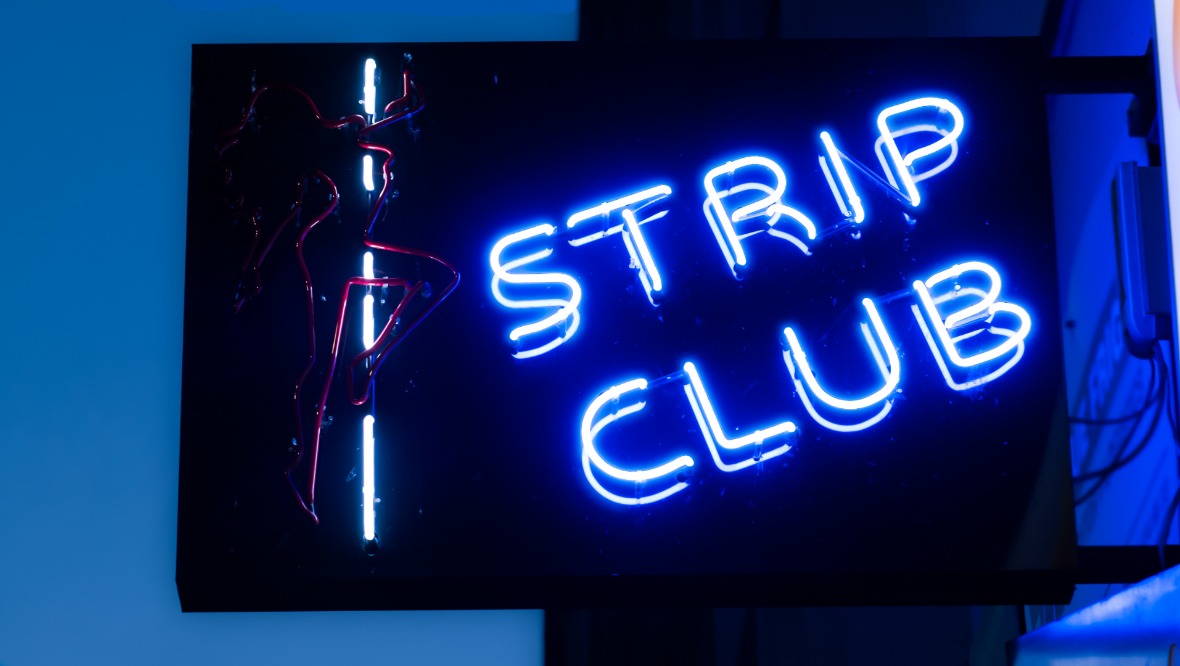 iStock
iStock



